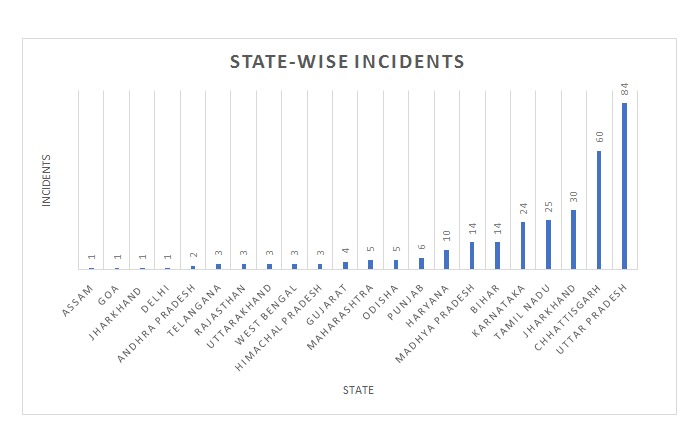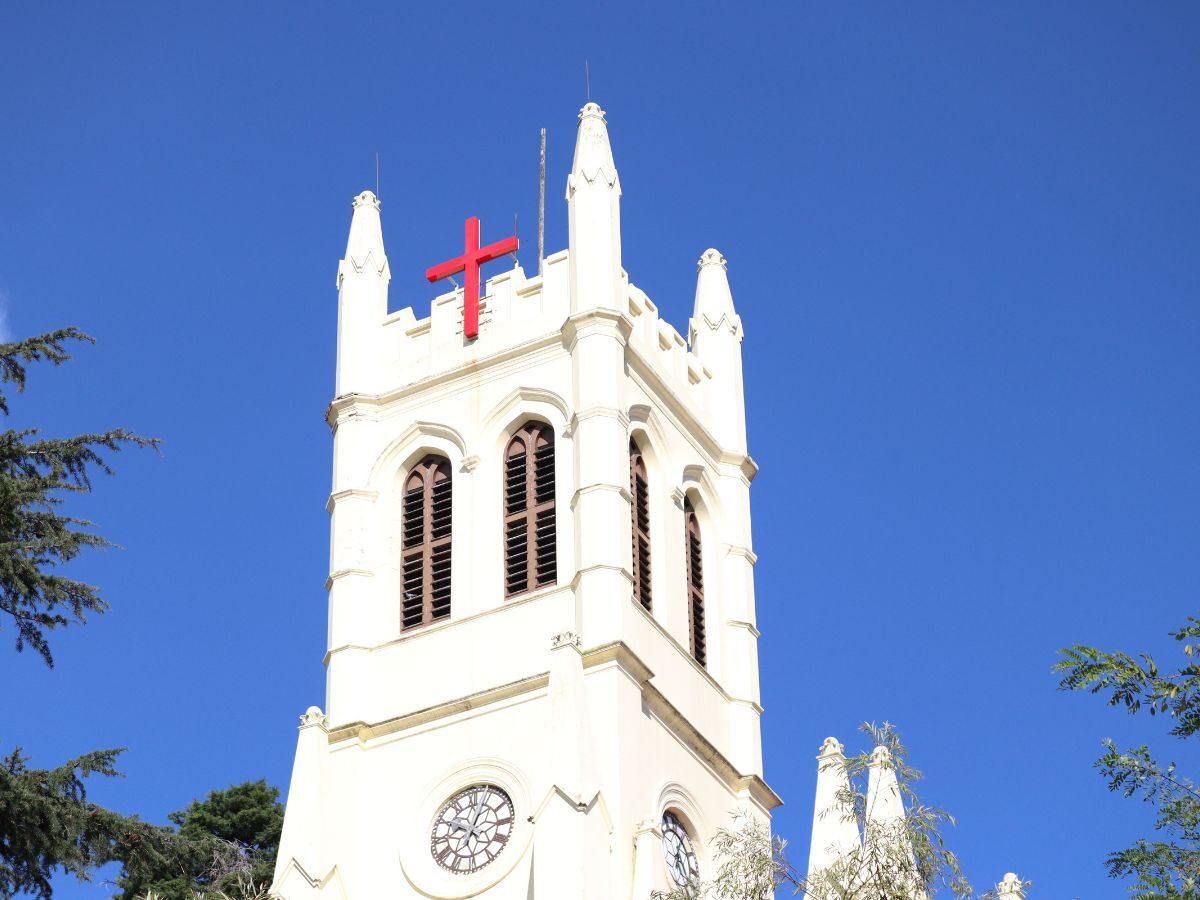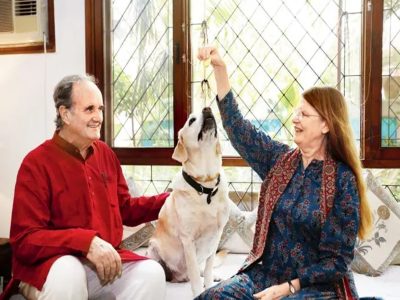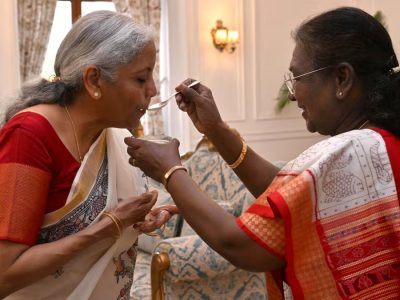With the emergence of laws on anti-conversion, despite no concrete evidence of “forceful baptism”, the Christian minority is facing a serious roadblock in religious freedom as a large number of people are being fraudulently charged, but later acquitted by the Indian courts. While Uttar Pradesh reported the highest number of cases against Christians for “forceful conversion”, without a single conviction, Delhi recorded the least in the country.
Between January to July 2022, UP recorded 84 cases of forceful conversion against Christian minorities, followed by Chhattisgarh where 60 such cases were reported. In Delhi, the number stood at only one.

This year also saw a potentially landmark petition filed in the Supreme Court citing various reports of rising persecution in 2021. The writ petition seeks the apex court’s directions to stop violence and mob attacks against Christians across the country. There are petitions challenging anti-conversion laws pending in six states including the Karnataka Protection of Right to Freedom of Religion Ordinance 2022.
According to a report published by the United Christian Forum for the period of January to June 2022, 148 Christians have been released from arbitrary custody. There are over 180 cases pending in various courts of India.
Elaborating on the report, AC Michael, the National Coordinator of the UCF, said, “When we say ‘acquittal’, we are talking about those who were falsely accused of forced conversion and were jailed under those charges. There are these fraudulent allegations against Christians that they are forcefully baptizing non-Christians, but only a few reach the courts. So, these acquittals are about those who were falsely arrested and their matters were taken up by the court, with our assistance.”
The accused are usually picked up by the police based on complaints from neighbours, “who suddenly grew enmity after years of friendship”, alleging forceful conversion. “Most of the times, these are people who are just praying or singing a Christian hymn, and they are not necessarily even Christians. The neighbours immediately start objecting to that and accuse Christian families of forcefully baptizing non-Christians,” Michael said.
Families thrown out of their homes
Delving into the plight of the Christian victims, Michael said that at times when religious animosity grows, especially with the help of such laws, few families are also thrown out of their own homes. “We assist these families with local activists, but these are traumatic events. Sometimes governments send protection, but the neighbourhood friendship is lost. So far, there have been no convictions on these cases because there is zero evidence of forceful conversion, yet arrests continue,” he said.
Even though cases have soared in the last five years, these oppressive laws have existed for decades. “It’s eight months into this year and we have touched 302 cases, so we are expecting that the number would soar past 600. Last year, it was over 500 (505 to be precise) cases of forceful conversion against Christians. And there could be more incidents because not everybody approaches us,” Michael said.
Despite their acquittal, the trust deficit remains and when these people, who were falsely accused of forcefully converting non-Christians, return to society, it’s not the same for them as mocking and jeering continues, according to the testimony of such accused people. “Neighbours continue to be suspicious of Christians. They are the same neighbours who grew up with each other and were pally until yesterday. Now, friends are foes. Suddenly what happened,” Michael asked.
A loop of ridicule
Michael underlined the need for sensitising the police forces.
“Cops know how and when to use the gun, but are unaware of how to behave with bereave victims or those who are accused of baseless crimes because they are not taught or trained. Specifically, in cases of minorities or marginalized people, police don’t understand how to handle them with care. So, they must be trained because a lot of times, our victims are also ridiculed by authorities,” he said.
They must be moulded and kneaded with Constitutional values, he added.
Propensity of violence
Sometimes the mob, comprising 200 people, arrives at the gates of house churches (in rural UP, most churches are not properly built but small huts of residents are turned into churches) and begin sloganeering. These are small houses where 40-50 people (10-15 families) pray and sing without even a sound system. The mob barges into the houses, beat up men and women and vandalise religious articles.
They are often accompanied by the police, who later detain these Christians on the pretext of “peace and protection”, but later arrest them on false charges.
Usually, the pastor and four-five others are arrested for “forcefully converting people”. He further asked, “But how can Christians be converted again?”
They are only released after the cases reach the courts, where they are either granted bail or convicted as there is no evidence.
“So, the question is when there is no evidence against such cases, where is the need for these anti-conversion laws? Laws are made when they are needed,” the UCF National Coordinator concluded.
According to government estimates, Christian populations are distributed throughout the country but in greater concentrations in the northeast as well as in the states of Kerala, Tamil Nadu, and Goa. Three northeastern states have majority Christian populations: Nagaland (90 percent), Mizoram (87 percent), and Meghalaya (70 percent). Sikhs constitute 54 percent of the population of Punjab.
Ten of the 28 states have laws restricting religious conversion: Arunachal Pradesh, Chhattisgarh, Gujarat, Himachal Pradesh, Jharkhand, Madhya Pradesh, Odisha, Rajasthan, Uttar Pradesh, and Uttarakhand.
Chhattisgarh, Madhya Pradesh, Uttarakhand, and Uttar Pradesh States prohibit religious conversion by “force,” “allurement,” or “fraudulent means” including marriage “with the intention of conversion” and require district authorities to be informed of any intended conversions one month in advance.
Himachal Pradesh and Odisha States maintain similar prohibitions against conversion through “force,” “inducement,” or “fraud,” which would include the provision of any gifts, promises of a better life, free education, and other standard charitable activities, and bar individuals from abetting such conversions.
For more stories that cover the ongoings of Delhi NCR, follow us on:
Instagram: instagram.com/thepatriot_in/
Twitter: twitter.com/Patriot_Delhi
Facebook: facebook.com/Thepatriotnewsindia





